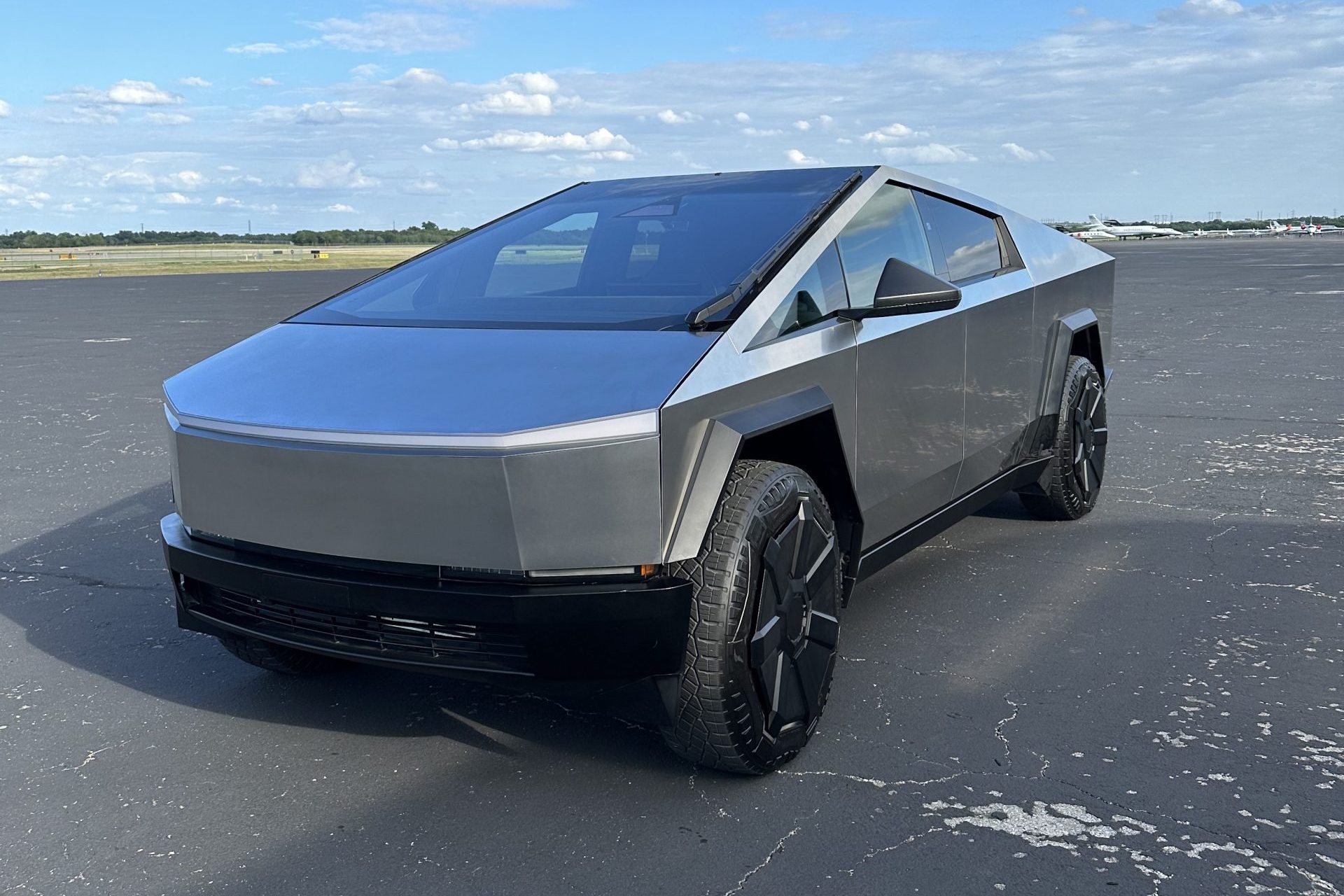
Tesla’s long-anticipated Cybertruck production has been put on hold, marking a significant setback for Elon Musk and the electric vehicle giant. The delay follows a series of hurdles that have shaken investor confidence and raised concerns about the company’s ability to meet its ambitious targets. These setbacks compound the challenges Musk has faced this week, including a major drop in his stock valuation and continued issues related to other Tesla projects.
The suspension of Cybertruck production was confirmed through a statement by Tesla, which cited “complex manufacturing challenges” as the primary reason for the disruption. The Cybertruck, first revealed in 2019, has faced repeated delays as Tesla grapples with perfecting its production process. Initial expectations were that the electric pickup truck would be rolling off assembly lines by 2021, but technical setbacks, including difficulties with the truck’s unique stainless-steel exoskeleton and battery components, have hindered the timeline.
Tesla’s decision to halt production comes at a time when Musk’s company is under significant pressure. While Tesla remains a dominant player in the electric vehicle market, its stock price has taken a sharp hit. The company lost $100 billion in market value in the last week alone, a staggering blow to its standing among investors. Analysts point to a combination of factors—rising competition in the EV space, issues with scaling up production, and concerns about Tesla’s long-term growth—as contributing to the downturn.
Musk, who has seen his fortune fluctuate dramatically in recent years, now faces questions about his management of Tesla and its future prospects. The company’s plans to mass-produce the Cybertruck were a cornerstone of its strategy for the next phase of growth. The Cybertruck is seen as a crucial product in Tesla’s goal to expand into more diverse vehicle segments and appeal to a broader customer base. The vehicle’s futuristic design and promise of high performance have generated significant interest, but doubts about Tesla’s ability to deliver on these promises have begun to erode some of that initial excitement.
Adding to Musk’s troubles, he has been grappling with the broader economic landscape, which has made it increasingly difficult for companies like Tesla to maintain the growth rates they once enjoyed. The rising cost of materials, compounded by geopolitical tensions and inflationary pressures, has led to higher production costs and supply chain disruptions. These factors have led to delays not only with the Cybertruck but also with other Tesla vehicles, such as the Model Y, which have faced similar production snags.
Investors are closely monitoring Tesla’s ability to weather these challenges. The company has long been hailed as a leader in electric vehicles, but with a rapidly changing market and growing competition from both traditional automakers and newer EV startups, its dominance is no longer as secure as it once was. The competition is only intensifying, with companies like Rivian, Lucid Motors, and even Ford aggressively pushing into the electric truck market. Ford’s F-150 Lightning, for example, has been making significant inroads into the electric pickup market, prompting Tesla to reassess its approach to the Cybertruck.
Tesla’s stock performance is also being impacted by Musk’s activities outside of the company. His acquisition of Twitter, now known as X, has raised questions about his focus on Tesla’s core business. Many investors have expressed concerns that Musk’s attention is divided, and that the financial and operational challenges at Twitter are impacting his ability to manage Tesla effectively. His personal fortunes, which are closely tied to the performance of Tesla’s stock, have fluctuated accordingly.
The production suspension of the Cybertruck highlights Tesla’s ongoing struggle with scaling its operations to meet demand. Despite being a trailblazer in electric vehicle technology, the company has struggled to scale its manufacturing processes in line with the ambitious goals set by Musk. Tesla’s gigafactories, which were initially touted as a revolutionary step in automaking, have faced multiple delays and operational challenges. With the Cybertruck’s production halted, the spotlight is now on whether Tesla can recover from these setbacks and reassert itself as the leader in the EV industry.




